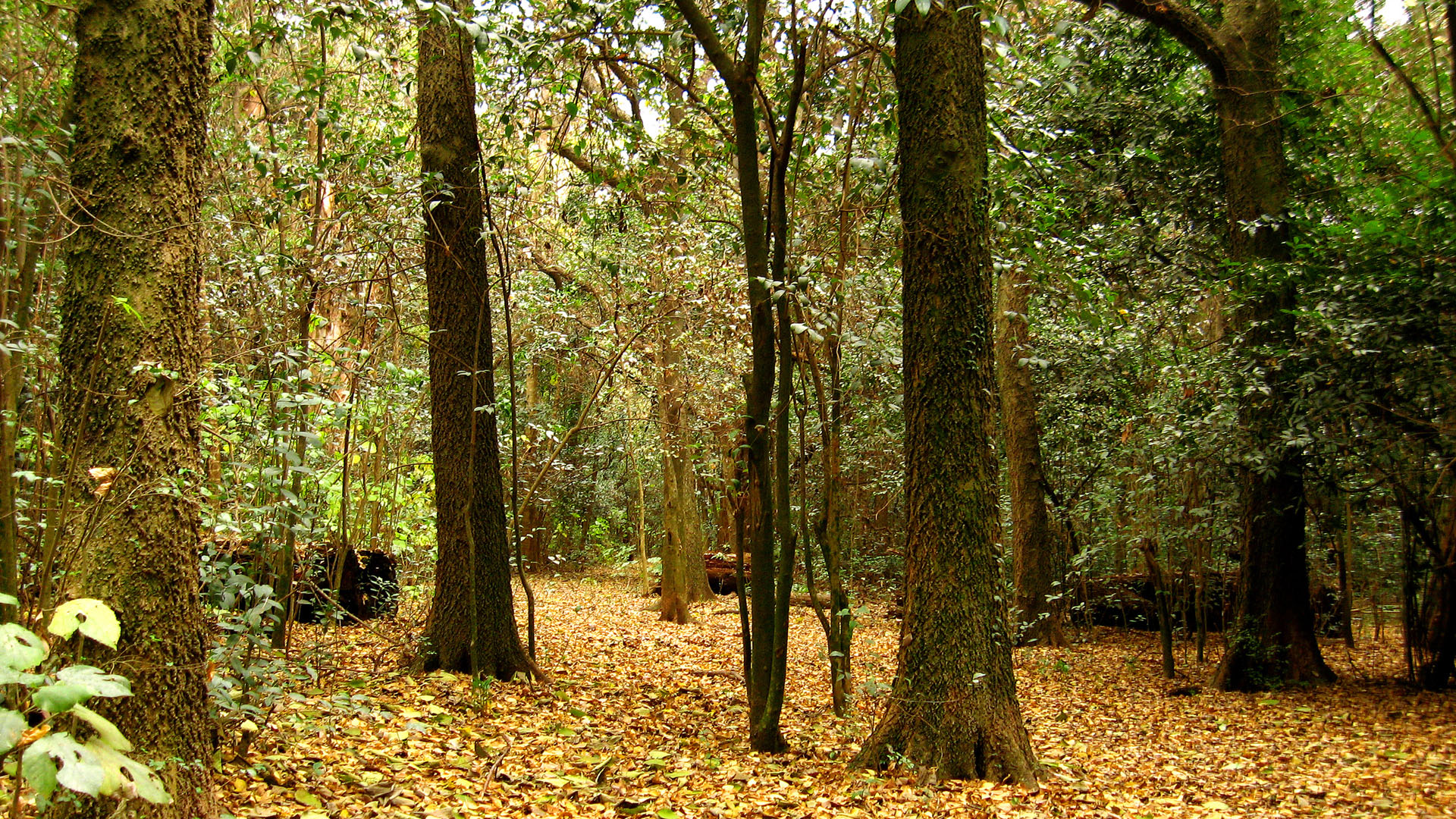The 24th edition of Pulso Ambiental magazine is now available: “40 Years of Environmentalism in Argentina: Progress and Challenges.” This biannual publication by Fundación Ambiente y Recursos Naturales (FARN) seeks to contribute to the environmental policy debate through the insights of specialists, communities, and researchers from across the region.
This new edition is released within the framework of FARN’s 40th anniversary and in a challenging context for environmentalism: while our country suffers year after year from the effects of the climate crisis—heat waves, droughts, wildfires, extreme storms, and floods—the environmental agenda is increasingly questioned by various political sectors.
Over the past two years, the defunding and dismantling of key environmental programs essential for environmental protection has deepened. The same trend is seen throughout Latin America, where sister organizations also face setbacks and even serious obstacles to their work. Despite this adverse context, regional ties are growing stronger, and the accumulated experience encourages us to believe that a different future is possible.
The new edition of Pulso Ambiental aims to recover the milestones, achievements, and lessons that the environmental movement has built over the last 40 years.
The 12 articles included in this issue address, among other topics: the historic Supreme Court ruling on the cleanup of the Matanza-Riachuelo Basin; the trajectory of the Wetlands Bill and the urgent need for its passage; the impacts of climate change; the ratification of the Escazú Agreement in Argentina and its contribution to democracy; the history of struggle and advocacy of the communities of Salinas Grandes and Laguna de Guayatayoc; and the role of civil society organizations in driving the environmental agenda at both the local and international levels.
These achievements and pending challenges are, ultimately, the foundation upon which to strengthen the fight for the right to a healthy environment. In this context, stepping up collective action, defending hard-won gains, and moving toward a fairer model—one that contributes to social well-being and fully respects ecological integrity—are imperatives for building the country we want.
